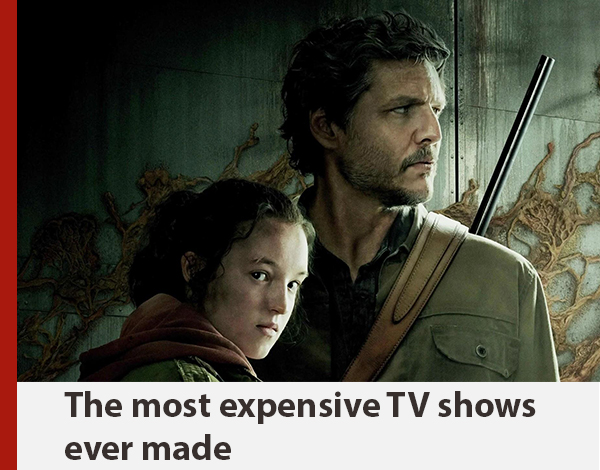TV licence, subscriptions, antivirus: 5 things you might be wasting money on

With finances under pressure, it’s important to review where you are spending money ‒ some things don’t necessarily represent good value any more.
Money is tight at the moment for all of us.
Given the impact of the cost-of-living crisis, it’s more important than ever to assess whether you are really getting value for money from your spending.
And the reality is that all too many of us are paying for items and services that we don’t really need.
After all, times change and what once represented good value may now actually be a case of money being wasted.
Here are just a few examples:
A TV licence
The way that we watch TV has changed enormously over the last few years.
Where once most of us would simply watch live TV, now many of us stick to streaming services like Netflix or Amazon Prime.
And that could have a real impact on whether you need a TV licence at all.
The TV licence is necessary if you want to use the BBC iPlayer, or if you ever watch live TV (including through a streaming service).
But if you don’t, and only watch the likes of Netflix, or rely on catch-up content on things like All4 or ITVX, then you can keep that £174 rather than purchase a licence.
Streaming services
That said, it’s all too easy to end up coughing up for streaming services you don’t really make use of.
After all, there are only so many hours in the day ‒ do you really need subscriptions to Netflix, Disney+ and Prime, as well as Sky Sports or Now TV?
I went through this last year myself, when I worked out that we simply weren’t watching Netflix enough to justify paying for it, certainly compared with other services.
Now, when certain content is added to it (my wife is a big Bridgerton fan for example) then I dare say we will take it out for a month or so again.
But these services really make a fair bit of money from relying on our apathy ‒ by being a little more proactive in calculating whether you’re getting value from the cash you hand over each month, you can cut out those underused services.
Computer antivirus
First, let me emphasise that having decent antivirus software on your devices is a good idea.
We are in a golden age of scamming, and taking steps to protect yourself against these crooks is absolutely vital.
That said, there is plenty of free antivirus software available which does a respectable job in offering a solid line of defence against the scammers.
It’s certainly not perfect, but if you only use the device for the bare essentials and are on your guard against downloading anything even vaguely suspicious ‒ including from your email attachments ‒ then free antivirus software will likely be sufficient.
Newspaper subscriptions
I say this as someone with paid subscriptions to a couple of different newspapers ‒ are they really a good use of your money?
Don’t get me wrong, it’s important to keep up with the news so that you have a sense of what’s going on in the world.
But you can do that for free with any number of newspaper websites that are free to use.
Yes, there are some great writers in certain newspapers, and for some people, getting to read their stuff will be well worth the money paid for their subscriptions.
But when money is tight, as it is currently, it’s fair to question whether you are really getting the full bang for your buck from a subscription.
SOME insurance products
I have written extensively on loveMONEY over the years about the importance of having certain insurance products in place, from life insurance to home insurance to travel insurance.
However, there will be some forms of insurance products that perhaps aren’t delivering what you really need.
For example, you might have taken out an insurance product when purchasing an electronics device ‒ a new computer perhaps ‒ and have been dutifully coughing out for the premiums every month since.
The trouble is, that computer is long past its best ‒ or perhaps you have already replaced it ‒ and yet you are still paying it out for it, throwing your money away.
Alternatively, you might be paying extra for certain features on an insurance policy that you don’t really need, like legal cover on your home insurance, or for an extensive car insurance deal when really you’d be better off going for one that only charges you based on your actual mileage.
It’s only by going through our bank statements, or digging into what’s actually covered by these policies, that we can work out whether we value the cover or if we are paying for something you don’t need.
Comments
Be the first to comment
Do you want to comment on this article? You need to be signed in for this feature
